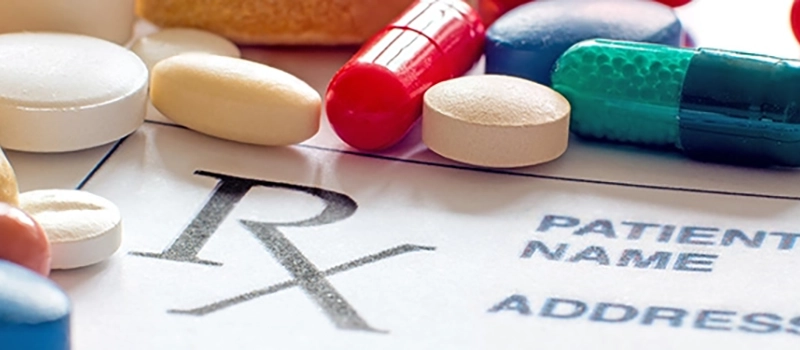
Many medications require the person to take medication daily. But there may be days you legitimately forget to take your tablet or pill. That’s acceptable. What shouldn’t be acceptable if you are serious about protecting your good health is to knowingly choose to skip a day’s worth of the medication simply because you’re aiming to make your supply of it last longer. What is medication adherence? Well, adhere means to ‘stick’ to something and that means sticking to your prescription for the drugs exactly as it’s written.
And so of course medication non adherence is the opposite scenario. The problem these days is that many people choosing to not adhere to medication are doing so not because they think it is alright to skip doses, it’s because they can’t afford to refill their prescription as often as they need to. Prescription drugs are more expensive than ever in the USA, and that’s still the case even though the current Administration is trying to make Rx medications less expensive through policy changes. Fewer and fewer medications are covered under Medicare Part D each year.
Let’s look a medication adherence importance and the reasons why skipping doses can be dangerous to your health. Ordering medication online from Canada Drugs Direct is a good way to pay less for prescription drugs, but what we’ll do here is skip that and talk only about why it’s never a good idea to take pills at longer intervals to make them last longer.
If you had a bad viral infection and were put on a course of antibiotics to clear it up, you very likely wouldn’t take the risk of not getting that antibiotic into you everyday. If you are on a course of antibiotics it’s a temporary thing and as long as you’ve been prescribed the right amount, then you finish the supply and it’s likely the infection is gone.
For people that have to take medication for ongoing and long-term health conditions it can be a situation where sometimes they are able to afford the medication, and other times it’s just going to be too expensive when it comes time to refill the medication again. Skipping doses to the tune of taking one every second day rather than every day is common for people who are in this scenario.
The biggest and most real danger in skipping doses is that you’re only mediating the condition and not actually improving it, or curing it as the case may be. You may have a reduction in symptoms, but you could be at risk of associated health complications related to that condition. An example here might be a diabetic that struggles to afford their insulin and doesn’t take it as often as they should. They may be keeping their blood sugar in check, but they may eventually develop glaucoma or painful neuropathy instead. We’re aware of what is medication adherence, and we know why it’s important.
Americans having difficulty affording their Rx drugs is certainly nothing new, and it’s been over a year since a White House Executive Order to improve access for more affordable medication was issued. So while it’s understandable that people may sometimes feel like they are out of options, specifically when it comes to affording their meds, it’s still highly inadvisable to skip doses to save money on medication. If you’re still not in the know with what medication adherence is and why it’s important to take your drugs as indicated in your prescription, then here’s another reason…
Skipping doses may not endanger your health, and you may end up being just fine over the long term, but what it does is introduce possibility of developing bad habits. You may begin thinking that it’s ‘no big deal’ to skip doses and when you choose to do with a different medication sometime in the future things may not work out so well for you.
The last thing we’ll mention here around what is medication adherence is that all medications will have an expiry date, and some medications expire much earlier than others. By skipping doses or taking them even less frequently than every second day you may well end up taking expired and ineffective medication towards the end of your prescription.